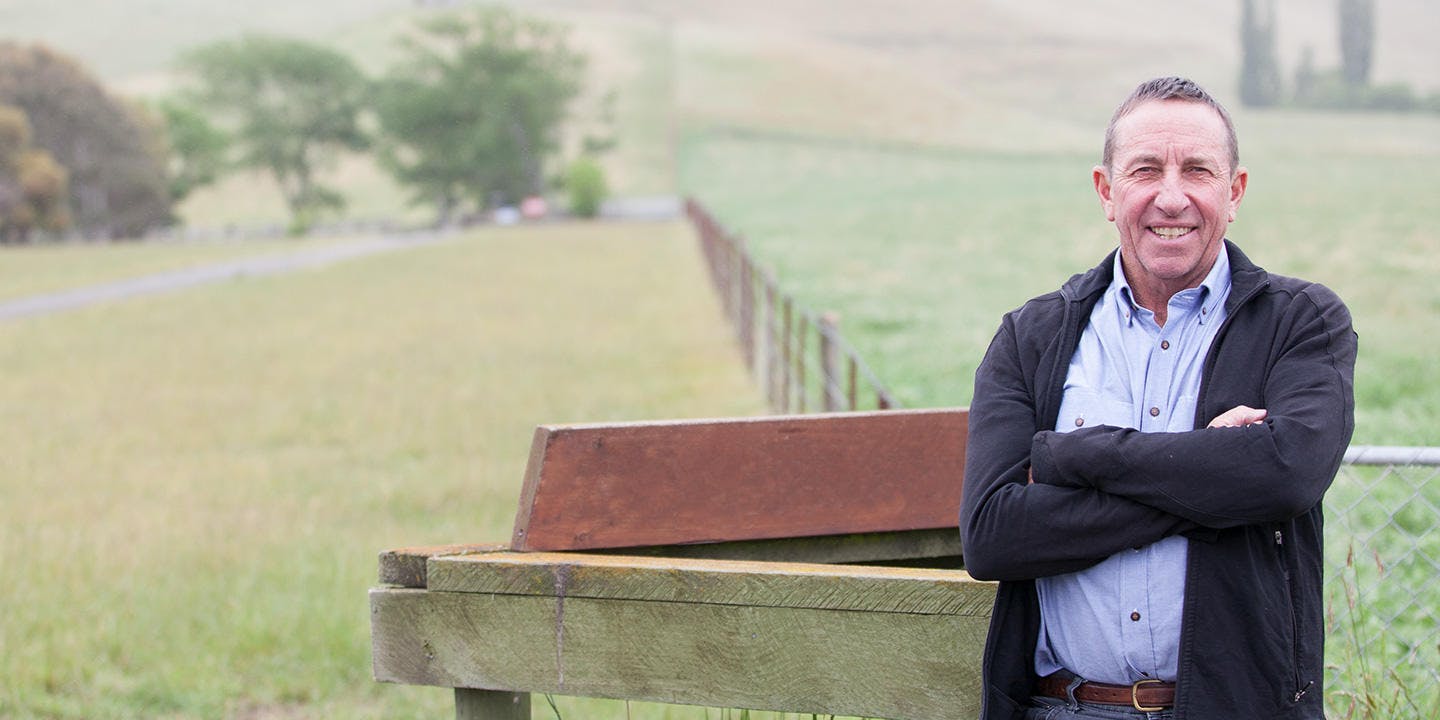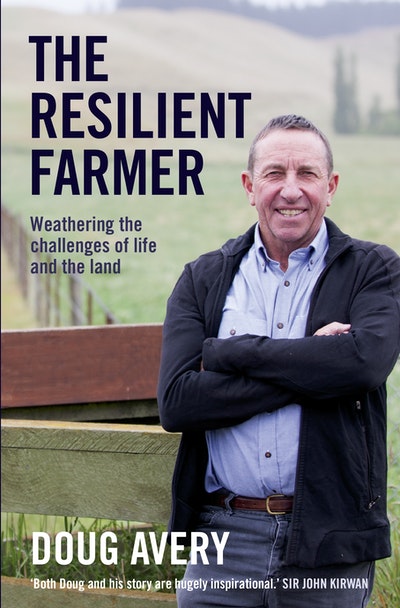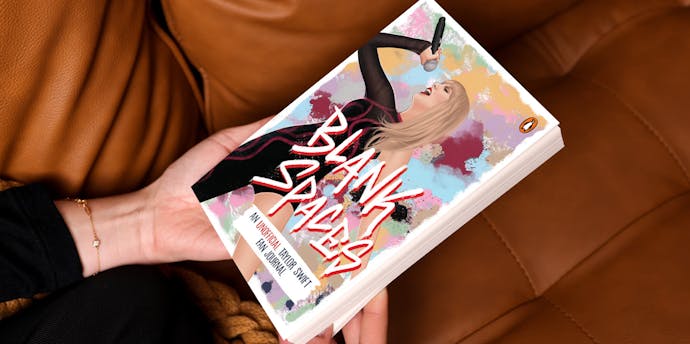Those six things are my positive answer – my recipe for a happy life.
Connect.
Give.
Take notice.
Don’t personalise problems that are not yours.
Keep learning.
Be active.
These six things keep me happy.
Connect. I understand wanting to isolate yourself. It feels like a safe place. If you isolate yourself, no one can touch you, no one can challenge you or threaten you. You are cocooning yourself inside the familiarity and ‘comfort’ of your own thoughts. But it’s an illusion. It’s 100 percent in the wrong direction. The only place such isolation can lead is to a smaller and more fearful life.
If you only ever communicate with people who think the same way you do, you won’t create a fertile ground for yourself to grow. But when you change the way you look at things – let go of your tree trunk – you open the possibility for change and growth.
Give. We’ve turned into a less giving society. We think we’re too busy and stressed to give to others. People who are depressed almost invariably have stopped giving altogether. I was brought up in a giving home, but when I got into my bad place I didn’t want to give anyone anything. I thought I was doing so badly, I was angry at the very idea of giving anything away. But giving is one of the most emotionally rewarding things that you can ever do. It’s ironic: we think it’s about giving to others, but when we give we end up rewarding ourselves so richly. So: do more, give more, give 120 per cent. Giving is one of the best insurance policies.
Take notice. Take notice of what’s happening in the world; the world’s always changing and you are a part of the social fabric. You think you want to opt out of the world, but the world won’t opt out of you. Depressed people are in lockdown – they don’t want to take notice of anything else but their own troubles. Yet we all exist in this world, so we need to know what’s going on.
I’ve seen this happen to rural people – they are in a cocoon. They might own a little block of land and think, I’m going to grow a few cabbages and cucumbers and I’ll sell them at the end of the road and get $50 a week and that’ll buy all the inputs I need. But everyone else around there has put in grapes and they’re getting a million dollars out of their place and suddenly your rates bill is $20,000 – but you hadn’t noticed that process happening.
Don’t personalise problems that are not yours. Let go of the bits that aren’t yours. Envy, anger and blame are all so draining because you’re constantly thinking about what other people have done rather than empowering yourself to get to a better place.
As a society we don’t deal well with conflict or differences of opinion. How many of us have defriended someone on Facebook just because they said something we didn’t like? We turn our backs, rather than have a conversation. It’s because we’re afraid of anger – but pretending differences don’t exist doesn’t solve the problem.
As soon as I feel angry now, I get worried. If somebody does something to cause me anger I just immediately think, no, I’ve got to deal with this. I have to deal with it, then move on. This is a huge part of my emotional management.
Keep learning. For me, this is behind every success, every joy that I now have in my life. My life has become a constant journey of learning. Learning new things blasted me out of the stagnation of my forties and continues to provide me with riches – and I don’t just mean material wealth – beyond my wildest dreams.
Be active. This is a vital part of how I keep well in both mind and body. Back in the late 1990s, when I was in some of my worst days, I saw a little ad in the newspaper. Try squash, it said. And I thought, I will. So I went along to the open day and I ran around that court and got soaked in sweat and physically exhausted, and I loved it. It made me feel mentally stronger. I ended up as president of the squash club. As well as reintroducing me to physical fitness, it introduced me to a whole group of people who didn’t have a drought. ‘What a cracker of a day,’ they’d say, and I learned to accept that it probably was.
I also managed to keep up sailing, although by that stage I didn’t have a boat of my own and was crewing for others. So I had one sport that was all about accuracy of angles and maths and physics, and another that was all about harnessing the energy of nature so as to turn it in a constructive direction, and they matched perfectly for my character.
More recently, I bought a bike and I ride every day, often with Wendy.
Human beings are not made to sit all day at our computers. We are physical beasts, made to catch food, dig the garden, chase our prey. Our bodies are not made for this lifestyle we’ve created of softness and ease.
Those six things are my positive answer – my recipe for a happy life. But there’s something else that lies underneath them all, like a foundation stone, without which all those six things will never get a strong foothold. And that is to get help.
Get help. Accept that you possibly have a problem. Read the stuff on www.depression.org.nz, or www.farmstrong.org. Other people can’t wait to help you. Seeking help is the bottom line. And one more word of advice: if you get into a bad place, now is a great word. Do something now. Just a tiny wee task, it doesn’t matter how small.
Until we’ve been broken, we don’t know what it feels like. And then we find out, and we forget how to return to our happy place. The only way we can rediscover that happy place is in tiny steps – five minutes of something . . . then ten minutes.
You won’t set out towards resilience on Monday and be resilient by Friday. But when you’ve taken some tiny steps, they become building blocks towards hope. Achievement builds hope, and that’s your pathway out of depression. Don’t be afraid to take small steps. My own dream was to ride my bike to the finish line, without stopping; my reality was more about getting past the starting line.
As Johnny Peter said to me one day: ‘If you’re not going to learn to slow down and take small wins you’ll blow yourself apart with frustration.’
As a guest of Consolidated Pastoral Company, one of Australia’s largest privately owned agrifood businesses, I was taken to visit an auto assembly plant in Brisbane. There, Mack and Volvo trucks are assembled and, of course, I was expecting to see a lot of robots at work. But there was only one, busily doing the relatively humble task of putting windscreens into frames. All the rest of the work was manual. As I came to understand the process I was watching, I became absolutely inspired.
Every truck was assembled to order, each slightly different from the last, according to the requirements of the customer.
A man went out with a forklift and he picked up, out of heaps of chassis, the correct bit of chassis for that truck, and from there the thing was pressed, bolted, painted, the engine and wheels assembled – all according to individual requirement.
And every thirty-eight minutes, a new truck emerged from the factory.
There were sixty of us in the visiting party that day. Fifty-nine were looking at them as trucks – but not me. I was looking at them as if they were people. This, I thought, is a model we can use. Into my mind came the wonderful possibility of a Resilience Pipeline of work-ready, life-ready people. We start with a person, we assess what knowledge and skills they have and what journey and destination they want. Then we ask: what do we need to add to this person to have them coming out the other end of this assembly line, future-ready? The capability we will bolt on to each person is individualised to the journey that person wants to live.
In my view, our education system tends to prepare people en masse, but in reality nearly everyone has an individual task and an individual destination. So, just like the trucks, we need to start personalising education to make people more purpose-ready for the life they want to live. This is the direction I want to take.













